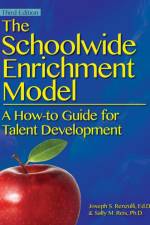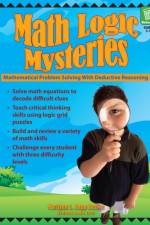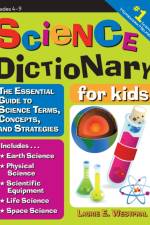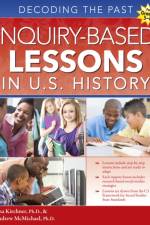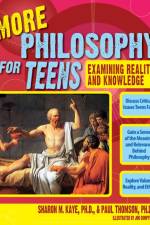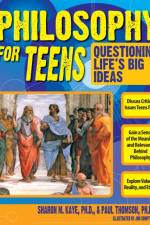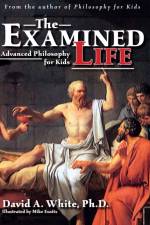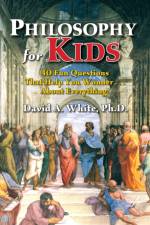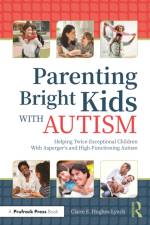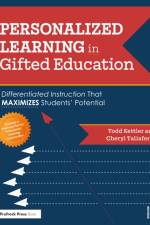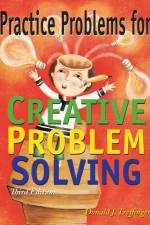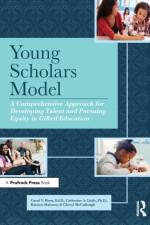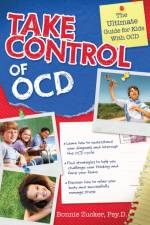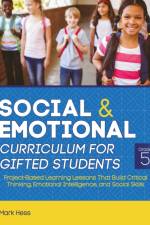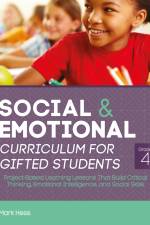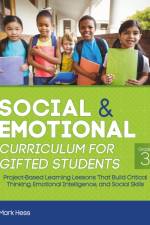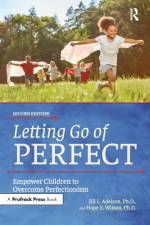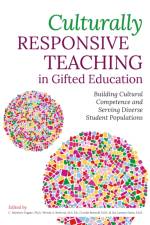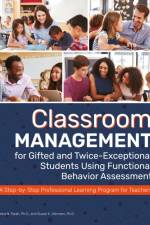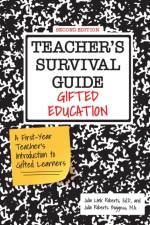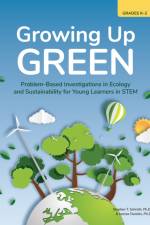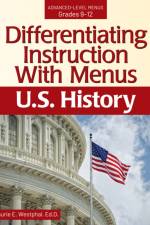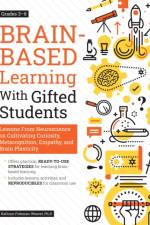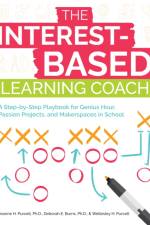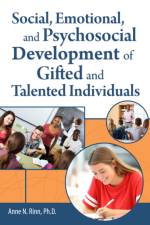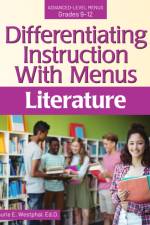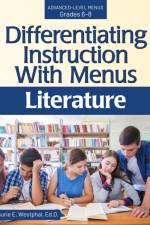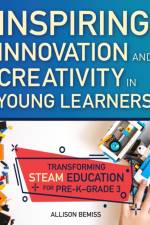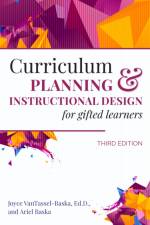- Problem-Based Investigations in Ecology and Sustainability for Young Learners in STEM (Grades K-2)
av Stephen T. Schroth
399
Growing Up Green allows young students (grades K-2) to build critical and creative thinking skills, while also improving skills in science, technology, engineering, and mathematics (STEM). The book:Includes 10 problem-based investigations that explore sustainability and environmental concerns.Covers topics such as reducing one''s carbon footprint, developing green manufacturing processes, initiating a recycling program, and more.Is perfect for general education classrooms, single- or multi-grade gifted classrooms, or pull-out programs.Features crosscurricular connections.Includes a list of apps, websites, and books that can be used to increase students'' understanding and curiosity.Each investigation includes comprehensive teacher instructions, ideas for differentiation, hands-on student activities, reproducible student resources, reflection opportunities, and assessment options. The engaging investigations guide learners through the process of identifying problems, developing research questions, gathering and analyzing data, developing possible solutions, and disseminating information to others.Grades K-2

